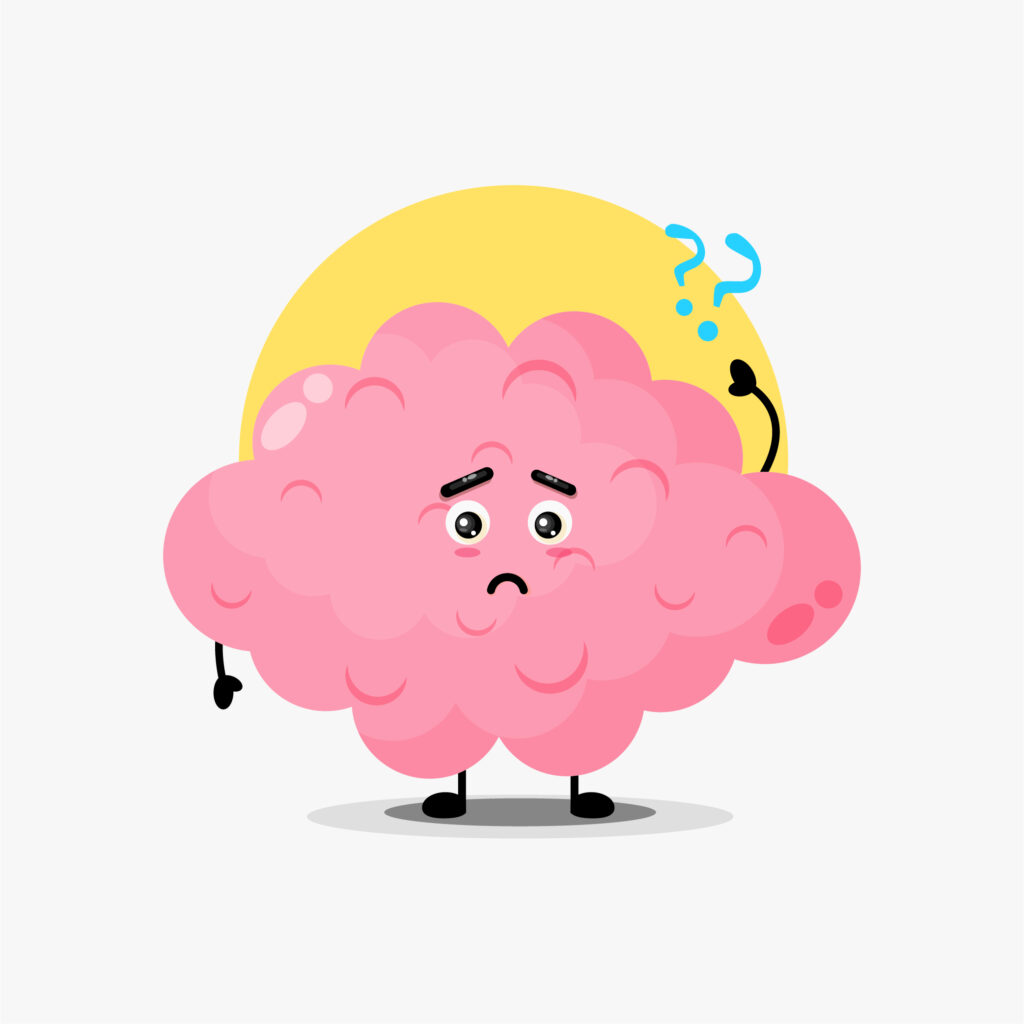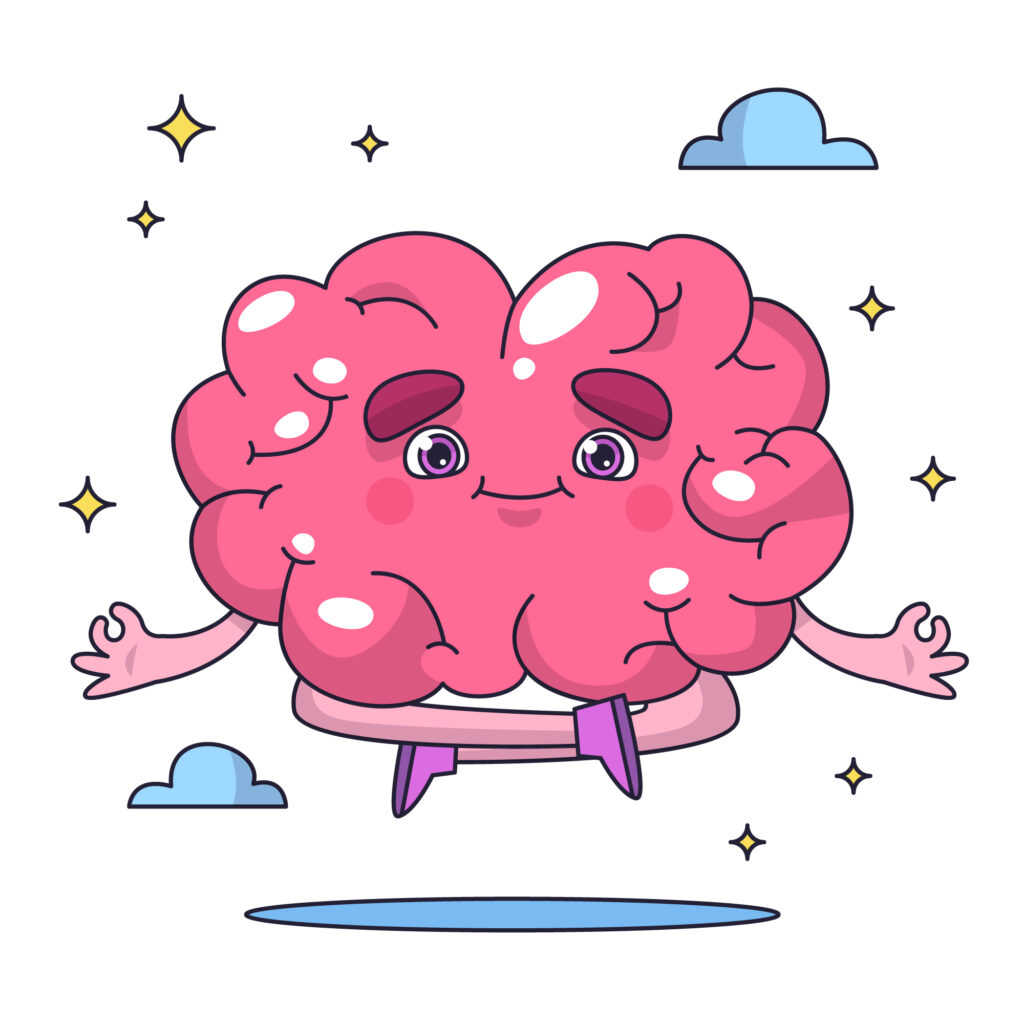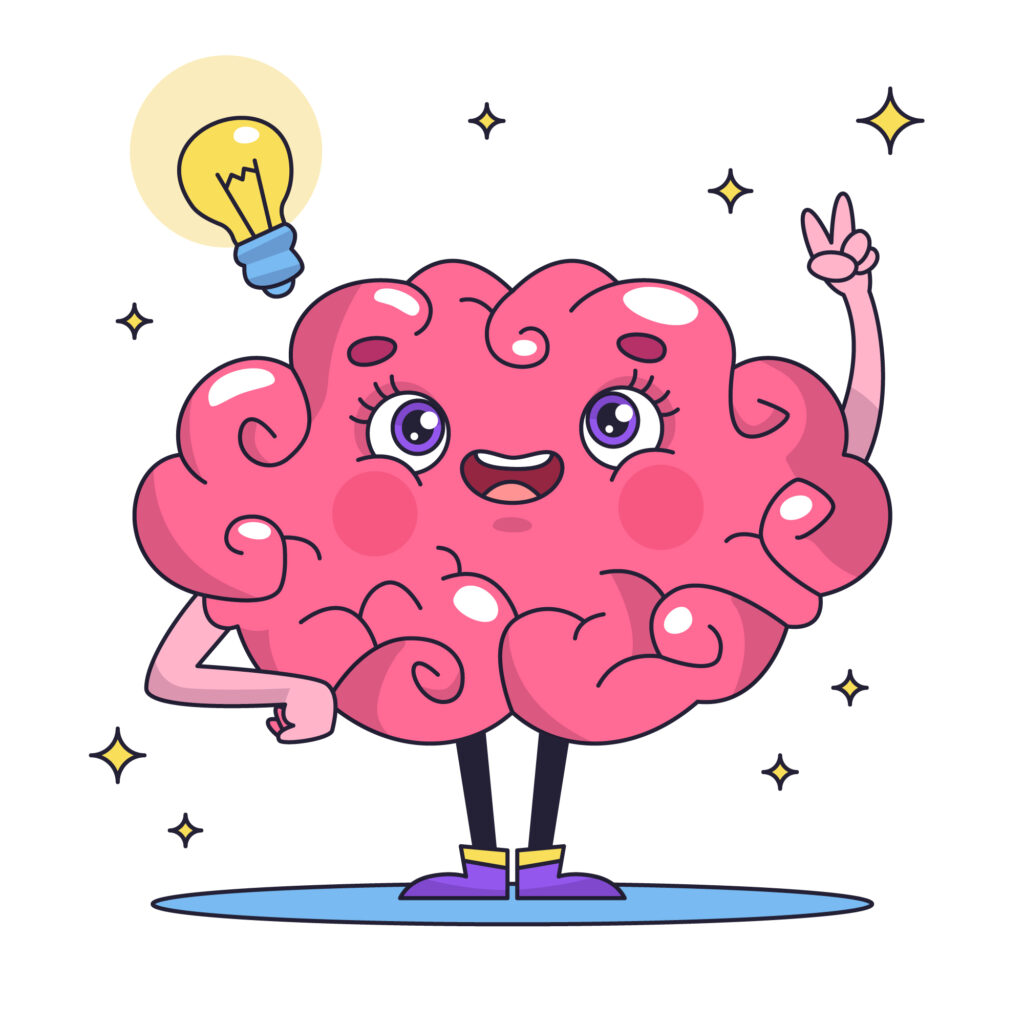Brain fog, a common yet often misunderstood phenomenon, can significantly impact one’s cognitive function and overall well-being. Characterized by a feeling of mental cloudiness, difficulty concentrating, and memory lapses, brain fog can be frustrating and disruptive to daily life. While traditional medical approaches may offer some relief, alternative medicine presents a promising avenue for managing and alleviating brain fog symptoms. In this blog, we’ll delve into what brain fog is, its potential causes, and how alternative medicine modalities can provide effective treatment and support.

Understanding Brain Fog:
Brain fog is a term used to describe a range of cognitive symptoms that can affect individuals of all ages. While it is not a medical condition in itself, brain fog is often associated with underlying factors such as stress, sleep disturbances, hormonal changes, dietary factors, medication side effects, and certain medical conditions like fibromyalgia, chronic fatigue syndrome, and autoimmune disorders.
Symptoms of brain fog may include:
- Trouble Maintaining Attention: The person may find it hard to stay focused on a single task or topic for an extended period.
- Distractibility: There may be a tendency to get easily distracted by irrelevant stimuli or thoughts.
Brain fog is often associated with a variety of conditions, including chronic fatigue syndrome, depression, anxiety, sleep disorders, and certain medical treatments or medications. It can significantly impact daily life and productivity, making it important to identify and address the underlying causes.
The individual might feel that their thought processes are slower than usual, making it hard to grasp or process information quickly.
There may be difficulties with short-term memory, such as forgetting what they were just thinking about or what they were doing.
The person may struggle with tasks that require planning, organizing, or decision-making.
Feeling disconnected or ‘out of it'” in the context of brain fog refers to a sensation where an individual feels detached from their surroundings, thoughts, or self. This symptom can manifest in several ways:
- Mental Fog: The person may feel as though there is a mental barrier preventing them from thinking clearly or engaging fully with their environment.
- Detachment: There may be a sense of being removed from reality, like observing life through a haze or a fog.
- Emotional Numbness: The individual might experience a reduction in emotional responsiveness, feeling emotionally flat or indifferent.
- Disorientation: There can be a feeling of confusion or disorientation, making it difficult to engage with tasks or conversations.
- Lack of Presence: The person may struggle to be mentally present in the moment, finding it hard to focus on what is happening around them or engage in interactions meaningfully.
This disconnection can significantly impact daily functioning, making it challenging to perform tasks, communicate effectively, or maintain personal and professional relationships. It is often associated with conditions like anxiety, depression, chronic fatigue, and other health issues that contribute to brain fog.

Identifying the Causes:
The causes of brain fog can vary widely and may be influenced by a combination of lifestyle factors, environmental triggers, and underlying health conditions. Common contributors to brain fog include:
Sleep Disturbances
Poor sleep quality or insufficient sleep can impair cognitive function and contribute to brain fog.
Stress
Chronic stress can affect brain chemistry and lead to cognitive symptoms such as difficulty concentrating and memory problems.
Medications
Certain medications, including antidepressants, antihistamines, and sedatives, may cause cognitive side effects such as brain fog.
Diet
Nutritional deficiencies, food sensitivities, and blood sugar imbalances can impact brain function and contribute to brain fog.
Hormonal imbalances
Fluctuations in hormones, such as those experienced during menopause or thyroid disorders, can affect cognitive function and mood.
Medical Conditions
Underlying health conditions such as fibromyalgia, chronic fatigue syndrome, autoimmune diseases, and neurological disorders can be associated with brain fog.
Benefits of Alternative Medicine for Brain Fog:
Alternative medicine offers a holistic approach to managing brain fog symptoms.

Stress Reduction: Practices such as acupuncture, meditation, yoga, and tai chi can help reduce stress levels and promote relaxation, thereby improving cognitive function and mental clarity.
Nutritional Support: Dietary modifications, nutritional supplements, and herbal remedies can provide essential nutrients and support optimal brain health. Omega-3 fatty acids, B vitamins, magnesium, and antioxidants are among the nutrients that may help alleviate brain fog symptoms.
Hormonal Balance: Herbal remedies and lifestyle interventions can support hormonal balance and alleviate brain fog associated with hormonal fluctuations. Adaptogenic herbs like ashwagandha and rhodiola may help regulate cortisol levels and improve cognitive function.
Sleep Optimization: Natural sleep aids, relaxation techniques, and sleep hygiene practices can improve sleep quality and duration, enhancing cognitive function and reducing brain fog.
Mind-Body Therapies: Mind-body practices such as biofeedback, hypnotherapy, and guided imagery can help individuals regain control over their cognitive function and manage brain fog symptoms.
Detoxification: Detoxification protocols and therapies such as infrared saunas, lymphatic drainage, and herbal cleanses can support the body’s natural detoxification processes and reduce cognitive symptoms associated with toxin exposure.
Hydration: Proper hydration is essential for optimal brain function. Drinking an adequate amount of water throughout the day can help maintain cognitive clarity and prevent dehydration-related brain fog. When you fall significantly behind on hydration it can be difficult to rehydrate quickly to help combat the bran fog. We offer a wide range of IV wellness blends, all of which aid in proper hydration.

In conclusion, brain fog can significantly impact cognitive function, productivity, and overall quality of life. While traditional medical approaches focus on symptom management, alternative medicine offers a holistic approach to addressing the underlying causes of brain fog and promoting optimal brain health.
By incorporating stress reduction techniques, nutritional support, hormonal balance, sleep optimization, mind-body therapies, and detoxification protocols, individuals can find relief from brain fog and regain clarity of mind.
As with any healthcare decision, it’s essential to consult with a qualified healthcare provider to determine the most appropriate and effective treatment approach for your individual needs.




